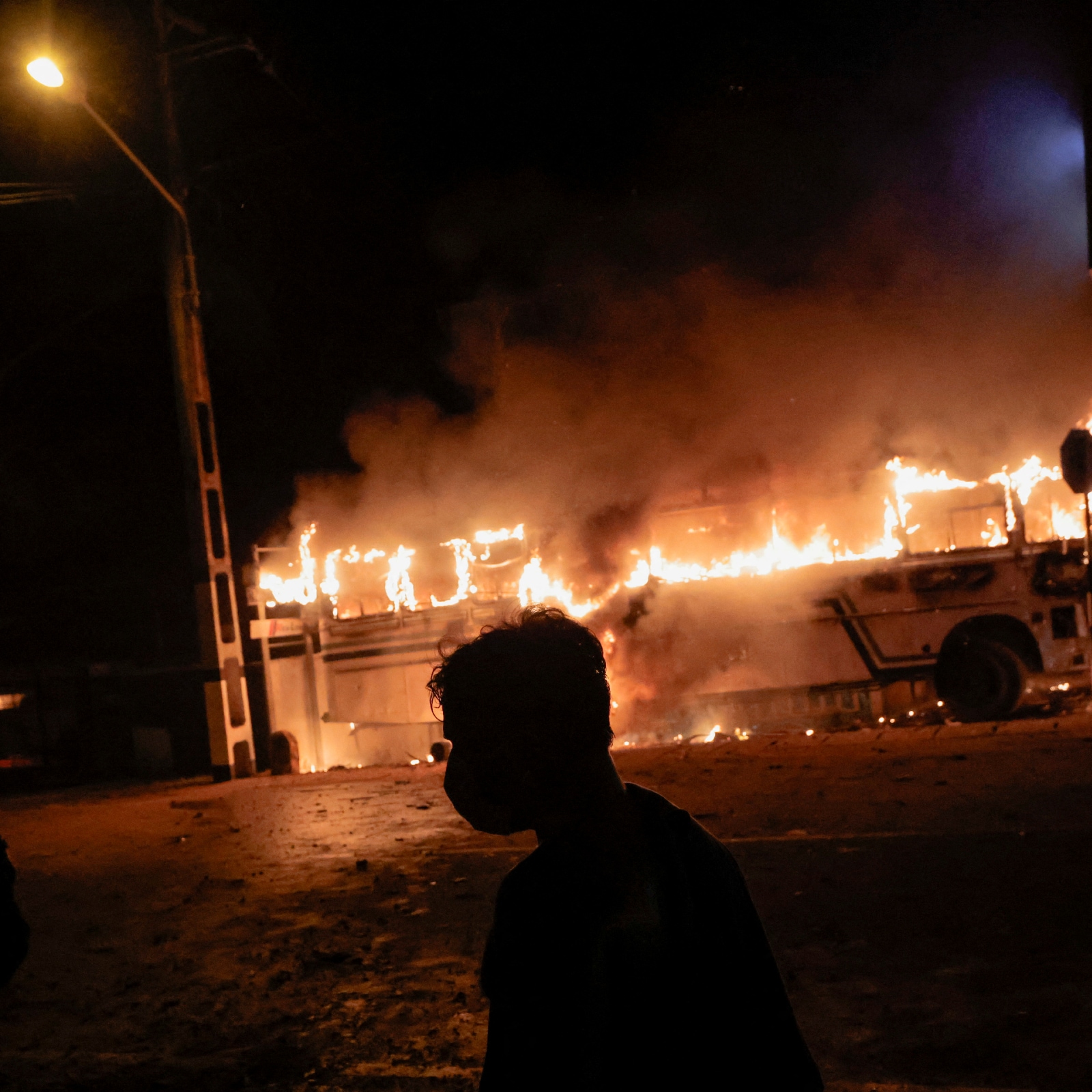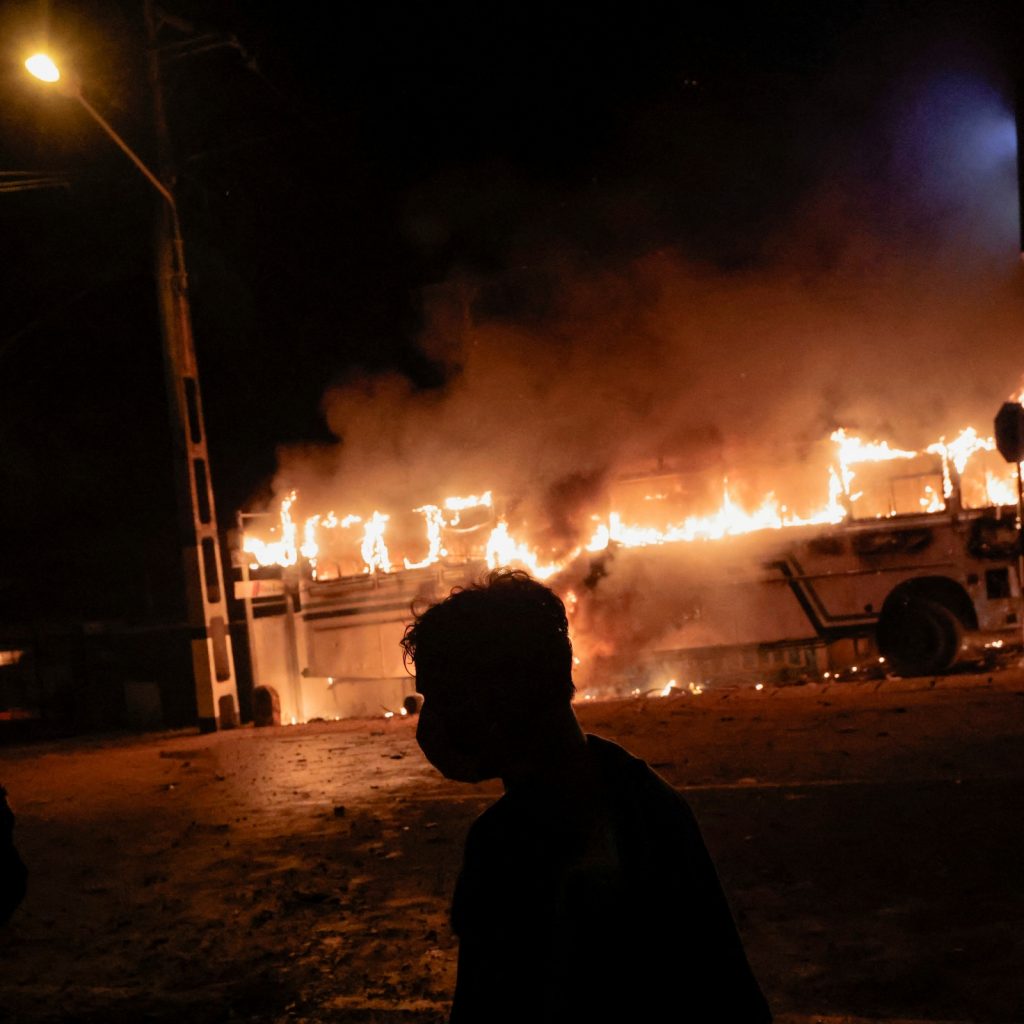In spite of a nationwide curfew, thousands of protesters have taken to the streets of Sri Lanka to highlight the government’s handling of the growing economic crisis, exacerbated by the rising cost of living amongst the working classes.
Armed soldiers and the police have united in attempts to thwart protesters’ activities, including aiming water cannons at university student protesters attempting to break through barricades.
The President, Gotabaya Rajapaksa, has declared a state of emergency across Sri Lanka, enforced a curfew and banned social media platforms, including WhatsApp, Twitter and Facebook for almost 15 hours.
The ban on social media, however, was lifted due to waves of criticisms denouncing the move.
Many activists used the sites to organise mass protests, calling for the resignation of the President due to his handling of the worst economic crisis seen in the country.
Rajapaksa has been accused by protesters of abusing his power through declaring a state of emergency, meaning he can enforce order and suppress riots and protests. Additionally, he can call for the seizure and searches of properties as well as order detentions.
Opposition politicians have also marched to the main square of the capital, Colombo.
Barricades set up by the police and armed forces prevented protesters, who were carrying placards that read “Gota go home” and “stop suppression”, from continuing on.
The entire Cabinet have sent letters to the President offering their resignations following the sports minister’s and Rajapaksa’s nephew, Namal Rajapaksa, resignations.
In a tweet, Namal Rajapaksa stated: “I have informed the secretary to the president of my resignation from all portfolios with immediate effect…,” calling for the resignation of his uncle, the President, and his father, Mahinda Rajapaksa, who is the Prime Minister, to reinstate stability.
The economic crisis in Sri Lanka has been spearheaded by diminished foreign reserves with vast debt obligations, thus the nation has struggled to buy imports and subsequently is running low on basic supplies.
Electricity is cut for several hours a day because there is not enough fuel to run the power stations and people have to wait in endless cues to get petrol. To worsen the woes already experienced, dry weather has meant that Sri Lanka has limited hydroelectricity power.
Due to coronavirus, the country has lost the equivalent of US$14 billion in the last two years.
Protesters have blamed successive governments’ inability to diversify the economy, instead relying on imports and not expanding beyond tea, garment and tourism industries.
The EU and US have both called for stability in Sri Lanka, although their versions of stability are akin to puppeteer-puppet relationships. As weaker capitalists in Sri Lanka go bust, the market will be further opened up for the likes of the EU and the US. Most likely the working class will see a fall in living standards, as workers take lower wages to escape the clutches of unemployment, even as they are continually super-exploited by the Global North.
As the economic crisis continues to shred the already meagre living standards of the working classes of Sri Lanka, there is hope in the refusal of the population to go down without a fight.
Georgina Andrews, is a member of the YCL’s Merseyside branch




